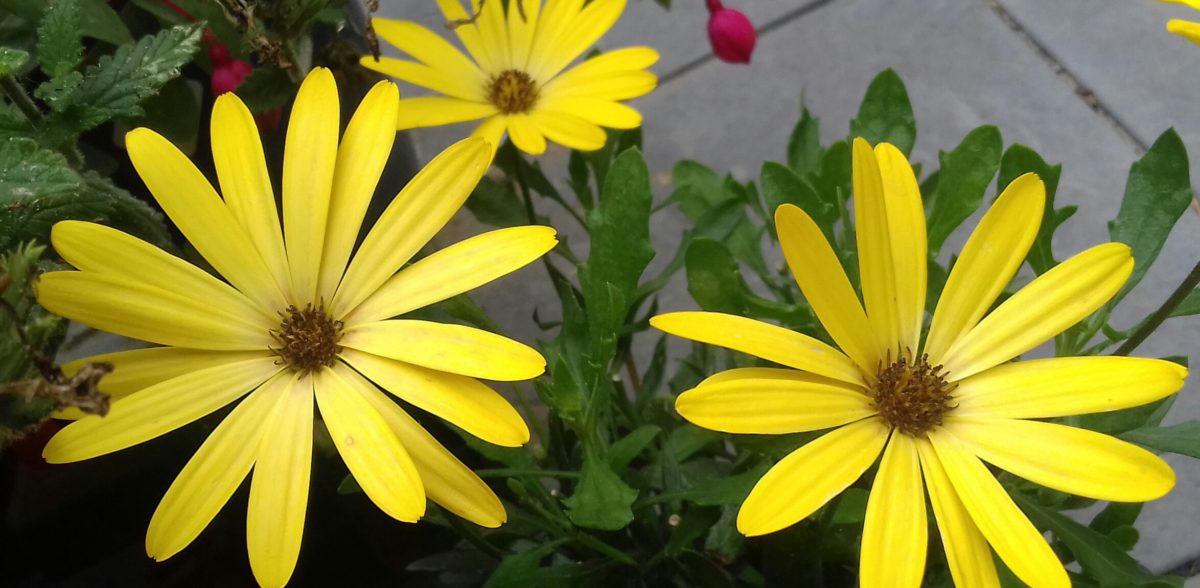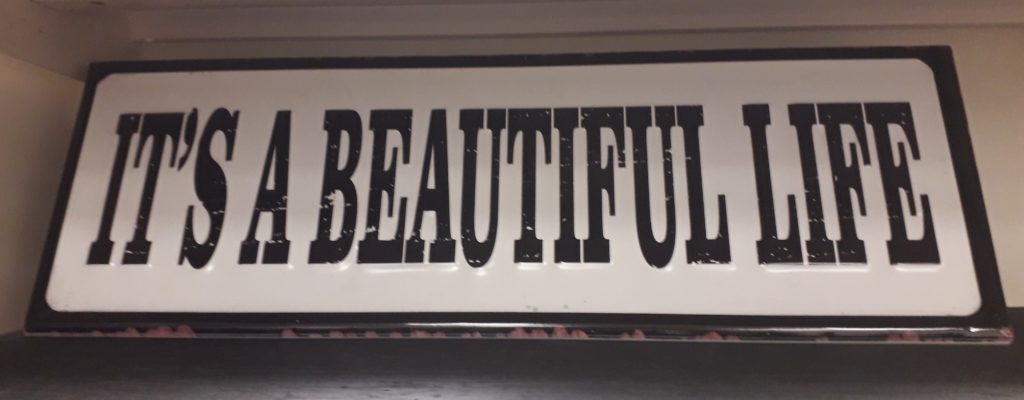I love animals.
Well, let me clarify. I wouldn’t love it if a hungry bear was bounding towards me with ‘You’re my supper’ written in the glint of its eye.
But, generally speaking, I love and am fascinated by animals even if some require more distance than others.
Recently, I’ve been enjoying the series on BBC 1 called Serengeti. It follows the lives, loves and losses of various animal groups from baboons to zebra’s to wild dogs to elephants and many more.
I absolutely love to watch the animal kingdom navigating its way through the ups and downs of the seasons of life and nature.
The background music and narrative are at times a little cringeville but the group dynamics are mesmerising. They are remarkably similar to our own. Whether the existence of leaders who are out for themselves versus leaders that put themselves out for the group or the rejections, betrayals and reconciliations between family members, the premature deaths that remind all of the fragility of life, the separation process when animals grow up, the victory and defeats between rival groups competing for the same meal and even the love bonds that form between unrelated group members’.
The entire range of life events and emotions are played out between these groups. Whilst it is a dog eat gazelle kind of a world, with one group surviving at the cost of loss to another, there are also deep displays of tenderness, love and even sharing between competing groups, in times of plenty.
There was one scene where the body of a dead elephant provided food for many. Whilst enjoying such abundance, the usual rules were laid aside to allow natural enemies to feast side by side.
I’m so struck by the parallels between the animal and human kingdoms. These species highlight the need to belong to a group, not only to survive but also to fulfil their reasons for living. Something that simply cannot be done alone.
A little closer to home, I am enamoured by the animals that we have trained to become our house companions, for it is these that have the most profound experiential effect on our lives and our health.
I’ve been drawn to animals since I was a small child who used to happily while away numerous hours outside with our pet rabbits.
There is something so simple, raw and honest about the connection between a human and an animal. It’s instinctive, wordless and cannot be forced. But when the bond is there and allowed to develop, I believe it can have a profound impact on both.
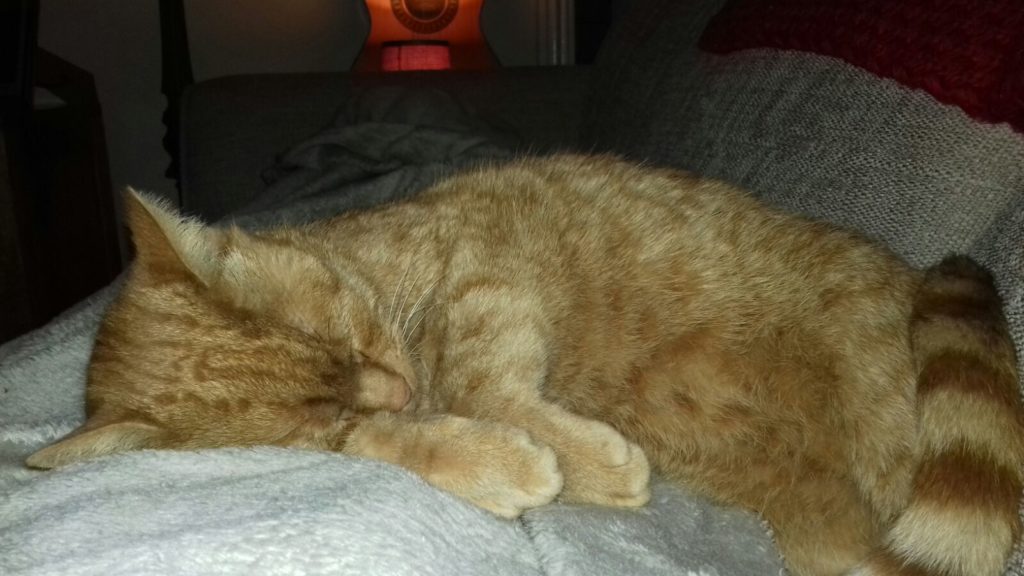
Animals offer us unconditional, judgement-free, affectionate love.
They don’t care what shape, size, colour, nationality, faith, occupation or social standing we hold or aspire to.
They just love us.
Amazing!
I’ve always been incredibly moved by the stories I’ve read or heard about relationships between humans and animals. Nearly always there is an imparting of healing that appears to reach a deeper part of us than our fellow humans.
Recently, I’ve read about three life enhancing experiences resulting from the relationship between a human and an animal.
First off was the connection between a travel writer (whose name escapes me) and his pet goose. Or was it a duck? Either way their relationship spanned many years and this vocab free companion provided a presence like no other in the life of the writer. The grief that accompanied the passing of this animal was not something that could have been predicted or suppressed.
Secondly, I read of a military person struggling with a diagnosis of PTSD who literally stumbled upon a small puppy in the midst of an abandoned warzone. The relationship that developed was life saving for both. The trust and affection that this animal gave to this human provided a love that made his life worth living.
The third article was about a vegan who adopted a pig found wandering the streets. Said pig became a regular fixture on the sofa of said rescuer and her husband! So endearing! I mean, who doesn’t love Babe right?
I’ve heard so many stories about how the power of the wordless love of an animal has bought hope and healing to many a heart. Or even of pet dogs who have highlighted cancer within their owners, thus allowing them to get treatment as well as supporting them through their recovery.
Or the story of A Street Cat Named Bob who empowered the man who found him to turn his life around from homeless drug addict to a man able to enjoy making his contribution to life.
And of course there are many, many ways in which dogs support and care for us humans whether dogs for the blinds, dogs to support children with autism, equine therapy, dogs or even horses taken in to hospitals or nursing homes or supporting police in their work.
The list goes on and on.
I think that animals are absolutely amazing.
And the attraction and relationship between us is a gift of the highest order.

Not only can they enhance the quality of our lives but they equally play a significant role in sustaining our mental and emotional health. Possibly because they can’t speak! They simply offer us their presence.
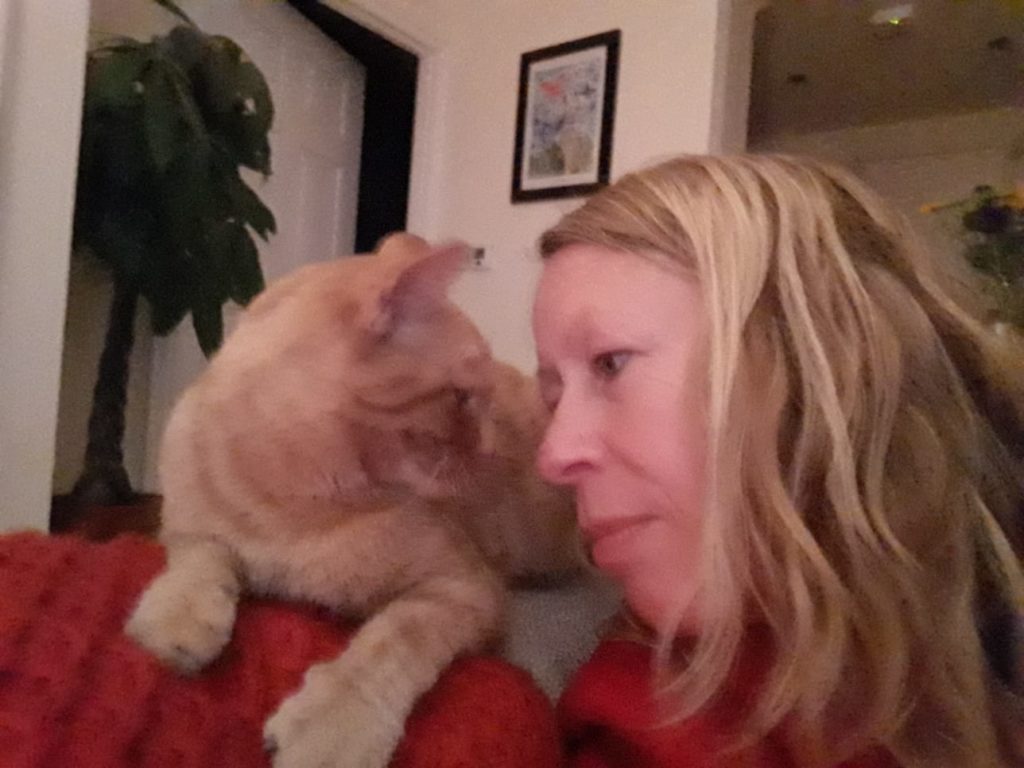
When it comes to the healing of our hearts, more often than not, we don’t need clever words, solutions or attempts to fix something. We often long for a wordless, unconditional, judgement-free, affectionate presence of love, within which we can begin to heal.
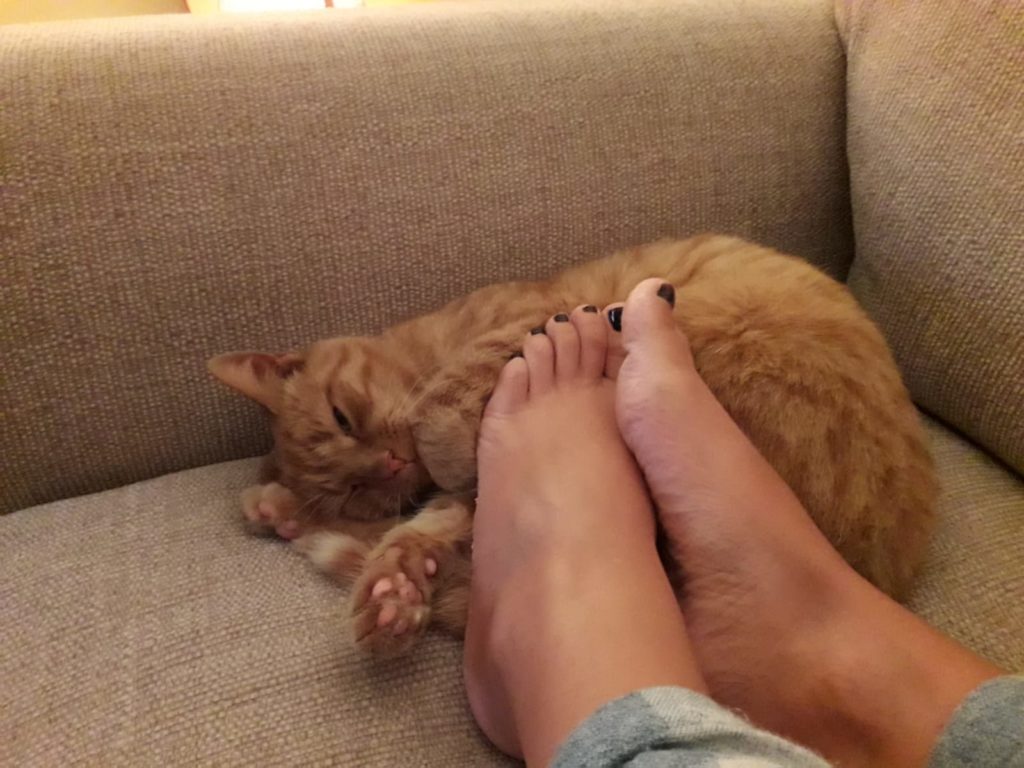
Pets are profound in their ability to reach us with their eyes and their presence, both when and where we need to be reached.
What a gift!
